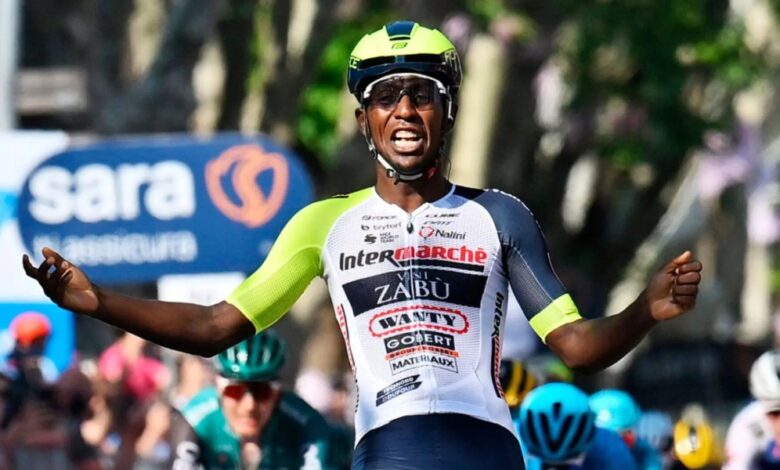From Club Roads to Continental Tours

Cycling in Africa has vastly changed in the last 10 years. Dirt roads and borrowed bicycles were common features of the club rides that were going on in the early days. Now the whole ecosystem is there with teams competing in UCI Continental Circuits. Across the continent, staging regional events such as the Cycling World Championships seems achievable enough for the earnest new generation of African riders.
The Renaissance in African cycling, in odd measure at times, finds its basis both in the local initiatives and the expansion of professional structures. Local clubs in Kenya, Rwanda, Algeria, and South Africa are nurturing their young riders through regional races and training programs, and into new opportunities that were once few and far between. Meanwhile, the growing UCI-registered teams offer a pathway from local clubs through to continental tours, bridging between local passion and professional sport.
From these beginnings on unpaved roads and limited resources, African cyclists continued moving up in competition levels. The higher Continental status a team achieves, the better its chances of earning UCI points, which translates to African riders being able to be noticed in major international races, including grand tours and world events themselves. This transition will not only mould the sports’ future in Africa but will also shape Africa’s view on the global cycling scene.
Building the team ecosystem
Club-level cycling is the heartbeat of talent development throughout Africa. Whether racing the hills of Rwanda, traversing Algerian deserts, or following the coastal roads of Kenya, local clubs serve as the organism harbouring the very first attitudes of interest for budding cyclists. Over time, these clubs have turned not only towards training but at the same time acting as centres for mentorship, discipline, and the nurturing of a soul beyond the mere physicality of riding.
As these clubs mature, quite a few become semi-professional or professional teams. Team Amani of East Africa went on to open its Continental road squad to race throughout the region. The clear objective is to let African talent be seen not only abroad but in the continent itself through its own country races. These teams are now fully accountable for the coaching, logistical planning, and international exposure, creating a career not as an option but as a resolution for people interested in cycling.
The Continental Racing Circuit
To climb the competitive ladder, African teams need the sort of frequent and high-level races. The UCI Africa Tour took the role of providing such a platform through a network of events in which points, as well as professional experience, are at stake. The riding here needed recognition and potential contracts with teams either in Europe or Asia. For many, this circuit is the first important test before going into bigger global shows.
With many African teams having now entered the UCI Continental line-up, the trend is obvious. Riders from Eritrea, Ethiopia, and Morocco have already told the world that African endurance and determination can be the very core of competition. The success of these athletes has then led to an increase in investments in national federations, pushing governments and sponsors to view cycling as a sport worthy of investment.
The road head
While these advancements have been made, the challenges remain formidable. Poor infrastructure, access to poor-quality bikes, and a limitation in the race calendar hinder further development. It is challenging to seek sponsorships, mostly because many companies still do not recognise the potential market reach of cycling in Africa.
The flip side of the coin remains equally enticing. The continent is brimming with raw athletic talent, and cycling is fast gaining popularity with the younger generation. With the increase of local races, the provision of facilities, and sustained support from the governing body, African cycling might soon stand at par with the established programs of Europe and Asia.
The vision for African cycling is greatly ambitious. The teams that started as small neighbourhood clubs are now educated to go on the Continental Levels and into the World Tour. National federations are really working on strengthening domestic calendars, and media coverage gets better continuously. All these build a good ecosystem that supports riders from their first race locally to riding in their first international podium.
The journey from club roads to continental touring has become an image of resilience, aspiration, and growth. African cycling is no longer bound regionally but is slowly rising to be a continental force on the global stage. A little more investment and partnership, and one can almost see the breakthrough moment: an African rider sharing parking spots with the very best in world cycling championships, to prove once and for all that the road to greatness, in fact, can begin almost anywhere, even up the club roads of Africa.





